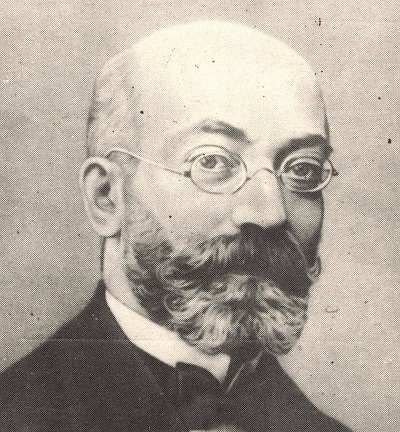Would it not be amazing if we all had a shared language? One that was spoken worldwide? Imagine going to Iceland and immediately being able to connect with people there? Or going to visit the Great Wall of China and getting directions from a Chinese person who immediately understands where you want to go. Does that not sound ideal?! It would solve many miscommunication issues, if only a universal language was taught as a second language in schools worldwide. So, has there been such an attempt? The answer is Yes!
Ludwik L. Zamenhof created a language which he hoped would become a universal one. He called the language Esperanto, and it was created in 1887. Zamenhof grew up in Poland, at the time people living in Poland belonged to different cultures and spoke different languages. Observing his surroundings, he wanted to create something that could break the language barrier between people, if not the cultural barrier. This is the reason he came up with Esperanto, a language that is politically neutral. He wanted people to be capable of expressing themselves to anyone they came across, and allow people to have conversations, therefore understanding each other.

Esperanto, as a language, is the combination of other languages, and due to its logical and regular design, it is said to be a very easy language to learn. The lexicon of Esperanto has a Romantic influence, while the syntax and morphology resembled those of Slavic languages. Esperanto was designed to be easy to learn and pronounce. The grammar is simple, verbs are never irregular, spellings are always phonetic. Of course, this means those who know languages with their roots in Latin will have an easier time learning it, than someone whose mother tongue is Mandarin.
Speakers of Esperanto are estimated to be from 100,000 to 2,000000 active or fluent speakers worldwide, including perhaps a thousand native speakers who acquired Esperanto from birth. Lernu, which is the most famous online learning platform of Esperanto, has reported in July 2013 over 150,000 registered users, and between 150,000 and 200,000 monthly visitors.
In 1905, the first World Congress of Esperanto took place in France. Almost every year ever since, the congresses have been held for speakers of Esperanto. Many people learn the language in order to travel to other countries and meet up with fellow speakers of the language and be able to experience their culture, while others learn it because it helps them later on, when they learn other languages. Many see it as an alternative to the use of English worldwide. Since it is a neutral language, it can preserve each person's culture and heritage.
No country has adopted Esperanto officially yet, and this might still be a farfetched idea; however, Esperanto was recommended by the French Academy of Sciences in 1921, and recognized in 1954 by UNESCO. Interested to know more about the language? Check out this video:
And if you are interested in learning it, check out this website.